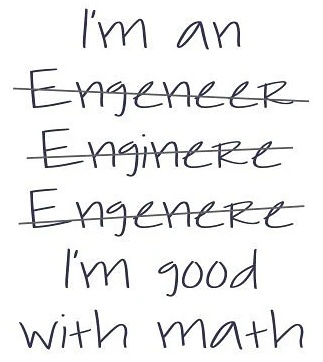StoryCraft
The Completely Practical Value of Imagination

In addition to writing this blog, playing with distastefully modified cars and mystifying Koreans with my awesome Hangul skills, I am a graduate student in Pai Chai University‘s second language acquisition (TESOL) department. As part of my studies, I’ve been collaborating with one of my professors on a scientific paper investigating motivation in language learning. This sounds riveting, I’m sure, but stick with me just a bit longer.
It turns out that we can, with a good deal of accuracy, predict how motivated a student will be to learn a language. Pretty much all we need to know is how well they’ve imagined their future with that language.
Textures, taste, sound, passion, a triumph of the concrete and sensual over the abstract – these are the things we find again and again when we seek to distinguish motivated language learners from demotivated learners. There’s no reason to believe this only applies to language learning, either.
As a writer, I find this both fascinating and not very surprising, and here’s why. Think of the least creative people you know. Lots of beige. Lots of doing a job nobody in their right mind would ever choose as a career. Lots of sitting at home watching daytime TV and eating bland sauces. Lots of getting dementia in their early 60s. Do any of these characteristics of creativity-free people overlap, even a little bit, with the hard chargers you’ve met? Have you ever come across an ambitious person who is that boring? I haven’t, and honestly, avoiding the propagation of boring people is reason enough to emphasize creativity.
But it is not the only reason. Orwell once said that “if people cannot write well, they cannot think well, and if they cannot think well, others will do their thinking for them.” I would substitute “communicate” for “write,” but Georgey-poo is essentially correct. Communication that makes sense reflects a thought process that makes sense. A thought process that makes sense reflects having your intellectual shit together. Orwell, had he combined this observation with his observations on literary craft, might have noticed something even more basic about communication – without imagination, there is no reason to think or write or speak, except perhaps for regurgitation.
